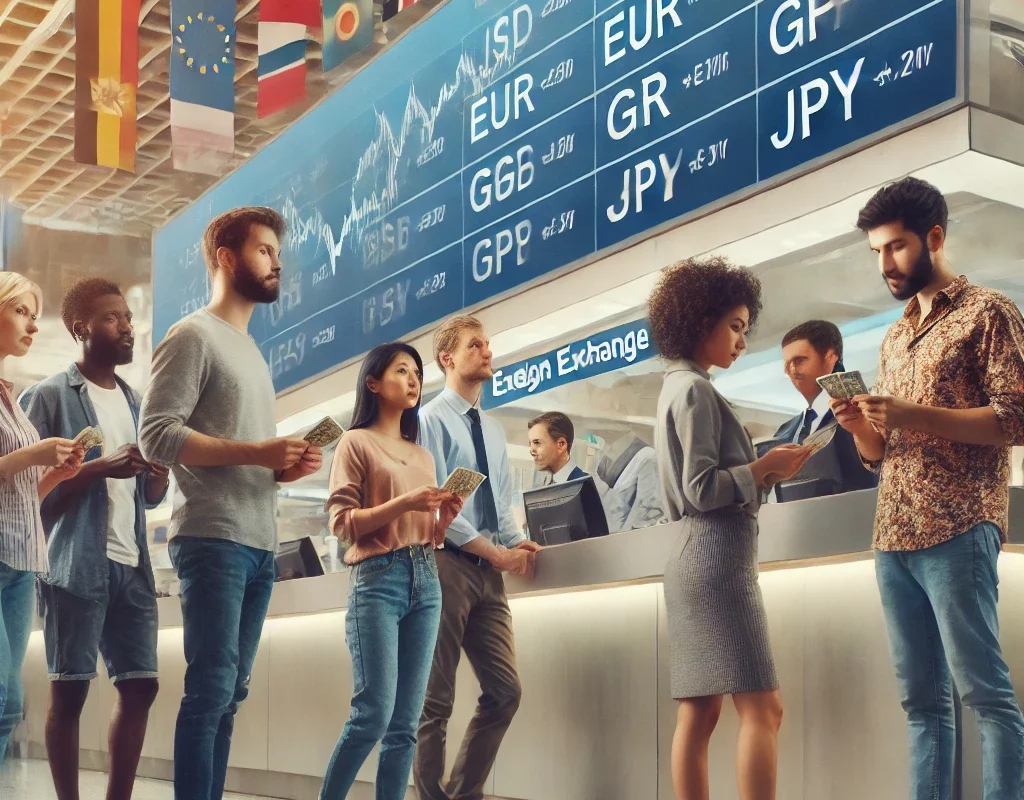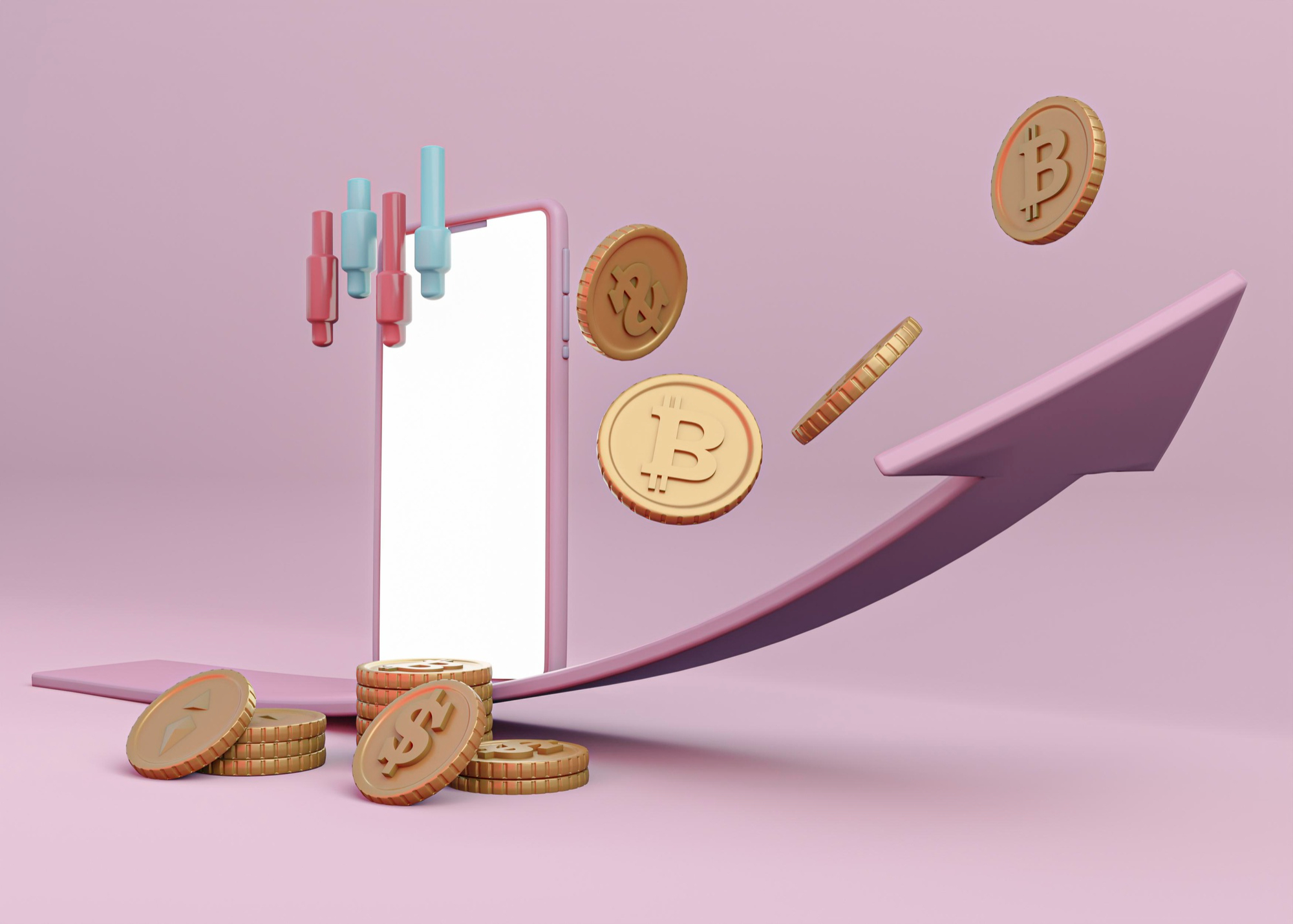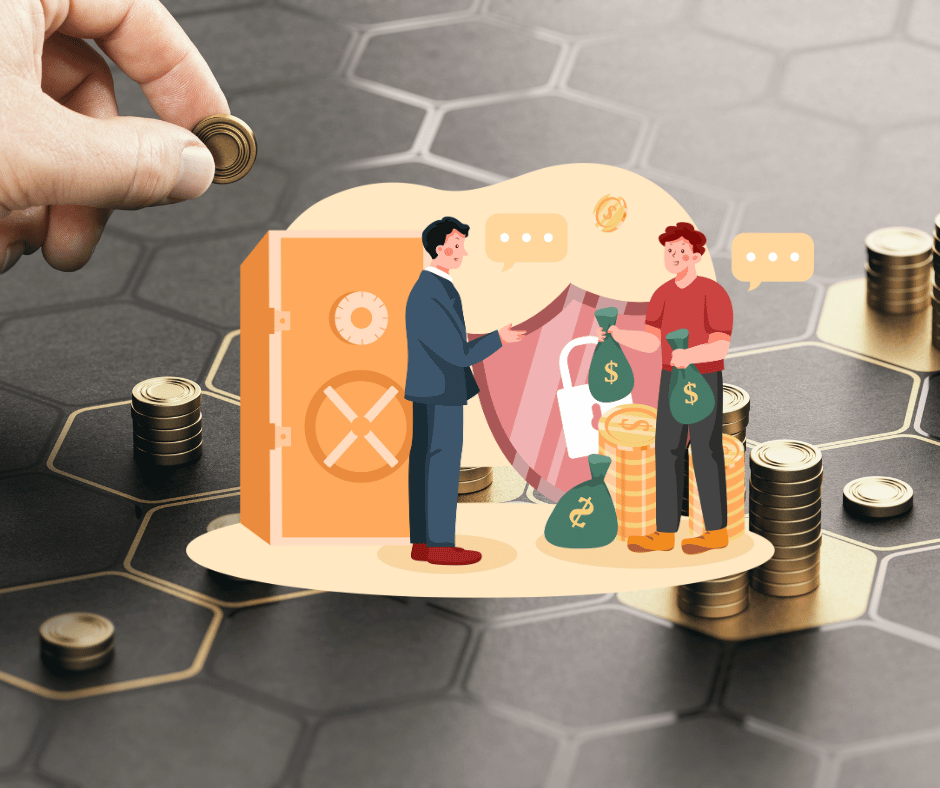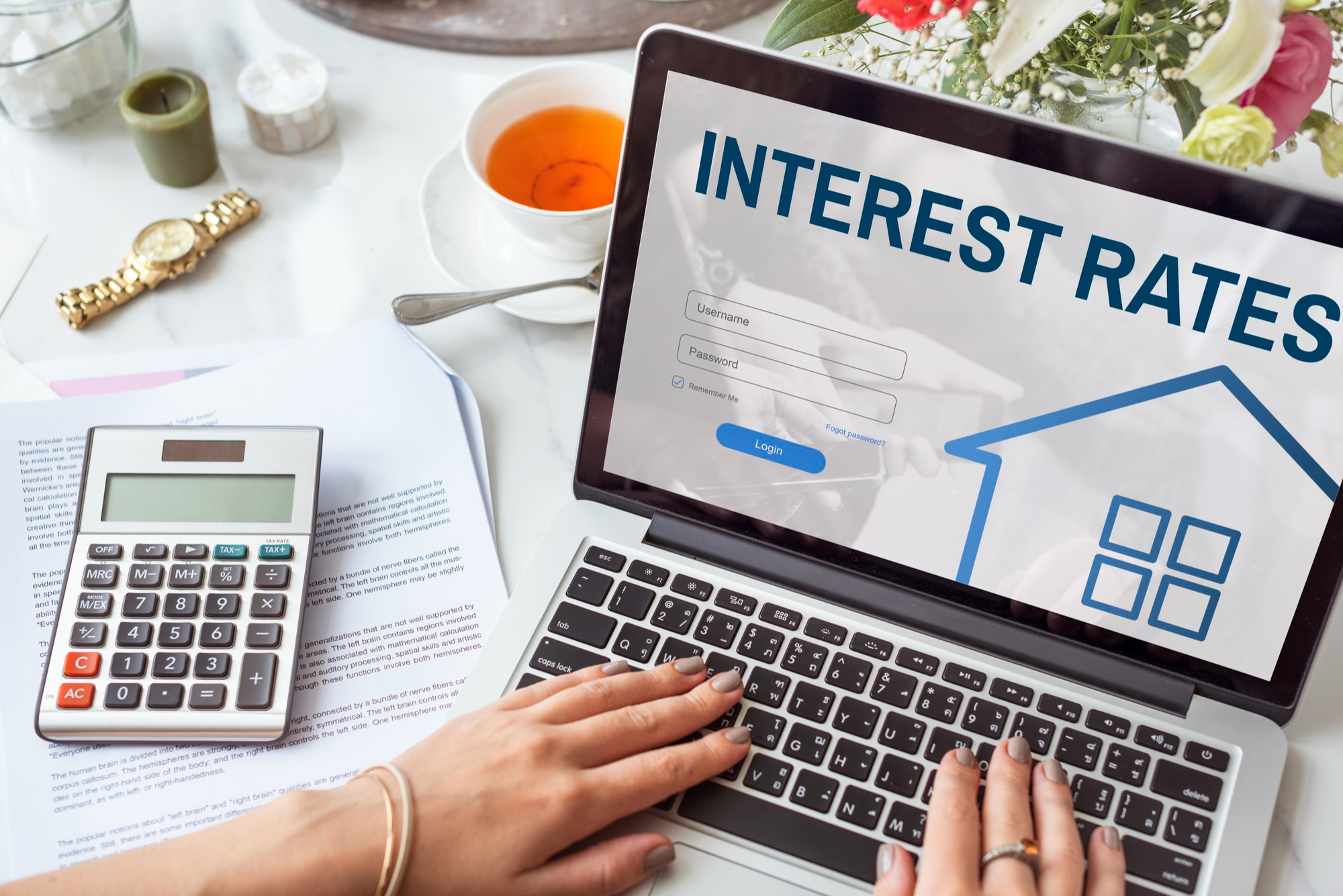Currency exchange is a crucial part of international travel, online purchases, and cross-border business. Knowing how to navigate the complex world of currency rates can make a significant difference to your budget. Whether you’re heading overseas for a vacation, conducting business internationally, or sending money abroad, understanding the factors that influence currency exchange rates can help you get the best deal. With some strategic planning and knowledge of how these markets work, you can save substantial amounts and avoid hidden costs.
What is Currency Exchange?
Currency exchange is the process of converting one currency into another. This conversion typically happens at a foreign exchange (forex) market, where currencies are traded in pairs. For example, if you’re traveling from the United States to Europe, you will need to exchange U.S. dollars (USD) for euros (EUR). The rate at which this exchange occurs depends on a variety of factors, including global market trends, interest rates, and economic stability.
Exchange rates can fluctuate dramatically, often influenced by factors such as political events, economic policies, and even rumors in the financial world. As a result, the same amount of money can yield vastly different amounts of foreign currency depending on when and where the exchange takes place.
Why Currency Exchange Rates Matter
The importance of exchange rates cannot be understated. For travelers, even small changes in the exchange rate can affect the affordability of your trip. For businesses, these changes can significantly impact the bottom line, especially if large transactions are involved.
When exchanging money, you’re essentially buying a currency at its current market price. Just like any market transaction, prices can be advantageous or disadvantageous depending on the timing and the exchange platform used. Understanding this dynamic can help you avoid overpaying and get more value for your money.
How Exchange Rates Are Determined
Exchange rates are determined by the forex market, where traders buy and sell currencies based on their perceived value. These markets are highly liquid, meaning that currencies can be traded quickly and in large volumes. The value of a currency is influenced by several factors:
- Supply and Demand: The more demand there is for a currency, the higher its value will be. Conversely, if there’s an oversupply of a currency, its value may drop.
- Interest Rates: Countries with higher interest rates tend to attract foreign investment, which can increase demand for their currency and lead to a higher exchange rate.
- Economic Indicators: GDP growth, inflation rates, and unemployment levels are just a few examples of indicators that can influence a country’s currency value.
- Political Stability: Investors are more likely to trust and invest in stable economies, which can boost demand for a country’s currency and improve its exchange rate.
Best Places to Exchange Currency
Where you exchange your money plays a major role in the rates you receive. Banks, currency exchange kiosks, and online services all offer currency conversion, but their rates can vary widely. Here’s a breakdown of the most common options:
Banks
Banks often provide the most reliable exchange rates, but they may not always be the best in terms of overall cost. Some banks charge high fees for currency exchange, which can offset any savings you might gain from a favorable rate. It’s best to check with your bank beforehand to see if they offer special rates or low-fee services for currency exchange.
Currency Exchange Kiosks
Kiosks located in airports, hotels, or tourist areas are convenient but usually offer some of the worst rates due to high overhead costs. These services often prey on the convenience factor, and many travelers end up paying more without realizing it. If you’re in a pinch, they can be useful, but it’s better to avoid them whenever possible.
Online Currency Exchange Platforms
Online services like Revolut, TransferWise (now Wise), and XE offer competitive rates and low fees. These platforms use real-time forex data to provide accurate and often lower rates compared to traditional institutions. Some services even allow you to lock in a rate ahead of time, ensuring you get the best deal regardless of market fluctuations.
ATMs
In many cases, using an ATM to withdraw local currency in your destination country can yield favorable rates, especially if your bank doesn’t charge exorbitant foreign transaction fees. However, it’s essential to be aware of potential hidden fees, like foreign ATM usage charges or dynamic currency conversion (DCC), which can significantly increase your costs.
Strategies for Getting the Best Currency Exchange Rates
To get the best exchange rates, it’s important to be proactive and strategic. Here are some tips to maximize the value of your currency exchange:
1. Monitor Exchange Rates in Advance
Currency exchange rates can fluctuate rapidly, so it’s wise to monitor them ahead of time. Several websites and apps track real-time forex rates, enabling you to watch for favorable changes. If you notice a significant dip in your home currency’s value, you might want to exchange your money sooner rather than later.
2. Use Credit Cards Wisely
Credit cards are often a good option for purchases abroad, as many offer competitive exchange rates with minimal fees. However, it’s important to check if your card charges a foreign transaction fee, which could negate any savings. Cards that don’t charge this fee, like those offered by Chase or Capital One, can help you save money on international purchases.
3. Avoid Airport Exchange Counters
While airport currency exchange kiosks are convenient, they often come with some of the worst rates due to high margins. If you need to exchange money at the airport, consider only exchanging a small amount to cover immediate expenses and then find a better rate later.
4. Lock in Rates with Currency Cards
Prepaid travel currency cards allow you to load money in your home currency and convert it to foreign currency at the time of loading. This can help you lock in a favorable exchange rate before your trip, protecting you from future rate fluctuations.
5. Beware of Dynamic Currency Conversion
Dynamic currency conversion (DCC) allows you to pay in your home currency instead of the local one when making purchases abroad. While this may seem convenient, it’s generally more expensive due to poor exchange rates and added fees. Always opt to pay in the local currency to avoid these hidden costs.
Factors to Consider When Exchanging Large Amounts of Money
When exchanging large sums of money, even a slight difference in exchange rates can lead to significant losses or savings. Here are some key factors to keep in mind when making large currency exchanges:
- Timing is Critical: Exchange rates can fluctuate significantly over short periods. If you’re exchanging a large amount of money, consider consulting with a forex expert or using tools that allow you to lock in rates when they’re favorable.
- Use Limit Orders: Some online forex platforms allow you to set a target exchange rate, at which point the system will automatically execute your exchange. This can be useful if you’re waiting for a specific rate but don’t want to monitor the market constantly.
- Consider Hedging Options: For businesses or individuals regularly dealing in large foreign transactions, hedging tools such as forward contracts can provide financial protection against unfavorable rate fluctuations.
You Can Also Read : How to Develop a Winning Business Strategy for Long-Term Success
How to Avoid Hidden Fees in Currency Exchange
Currency exchange is not just about getting a good rate; it’s also about avoiding hidden fees that can add up quickly. Common fees include:
- Transaction Fees: Some services charge a flat fee for each currency exchange transaction.
- Conversion Fees: Banks and exchange kiosks often add a margin on top of the mid-market exchange rate, which is essentially their profit.
- ATM Fees: If you’re using an ATM abroad, check whether your bank charges foreign withdrawal fees or if the ATM network itself imposes additional costs.
Being aware of these potential fees can help you choose the best service for your needs and avoid unexpected costs.



